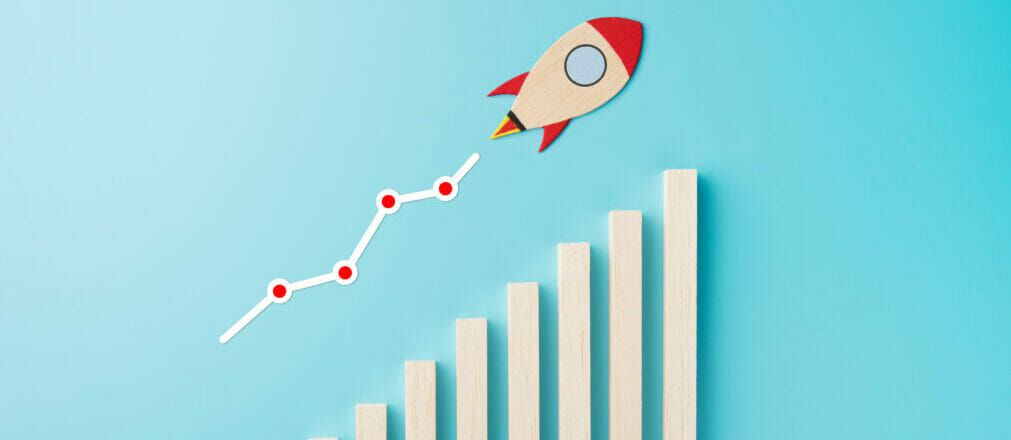Do you want to be the Queen or do you want to be the Bank? In other words, as a business owner, do you want to have control or do you want cash? This is the question that all entrepreneurs must answer at some point. Running a business is a series of decisions, small and large, with each decision varying in its overall impact. Being an entrepreneur comes with its own set of unique decisions. And being a woman entrepreneur further complicates the choices that you make, as your decisions tend to receive more scrutiny.
I am now in the heat of running my third startup. My journey is like others’; the first startup was a disaster. The product was interesting, but without relevant experience, I had no credibility. I spent all of the money, learned a ton about what not to do and swore I would never start another business.
The next time around, I started a company with a mission that was squarely in my wheelhouse. Be Bold Now is a non-profit dedicated to promoting gender parity by showcasing women’s stories and hosting an International Women’s Day event. This time, we were wildly successful with rapid attendance and revenue growth. But five years into this venture, and just four days ahead of our annual event, the first Covid-19 death was reported in our home state of Washington. Needless to say, our business came to a crashing halt. By spring of 2020, it was clear that we needed to pivot.

I started reading the news about the devastating effect that the pandemic was having on women and the immediate loss of economic ground. This, coupled with the increase in online shopping, led me to my next startup: TheWMarketplace. TheWMarketplace is an ecommerce marketplace for women-owned businesses on a mission to be the economic engine for women. I took the lessons I learned from both previous ventures and the passion I have around creating gender parity and started a mission-driven for-profit business.
Growth raises the important question: Queen or Bank?
My cofounder and I launched TheWMarketplace to shoppers in September 2020, and we now have over 500 brands offering more than 3,000 products and services. It was clear early on that we would need to raise money to support the growth that we were experiencing. We opened a pre-seed round of funding five months after launch and closed it with one investor in three days. The Queen(s) and the Bank were thrilled!
We put the money into enhancing our business on Shopify, hiring a few similarly mission-driven staff at greatly reduced rates and building awareness for a viable shopping alternative to the leading online retailer. We created a place where people could support women-owned businesses and the communities they care about.

Our revenue has grown over 580% and we have big plans for the future. We are now faced with the original question: Queen or Bank?
Queen means that we own the majority share of the business. We make the decisions without having to consult anyone else and can grow at the rate that our revenue enables us to: presumably slow and steady. As founders, we often are advised to bootstrap as long as possible in order to retain control of the business. And as everyone knows, “Early money is expensive.”
Bank means that we take on other equity partners in exchange for money to accelerate our growth. We may need to share the decision-making about how the business grows, but would also have the cash infusion to accelerate our growth and meet the market opportunity. Being a mission-driven business potentially makes shifting the decision-making to a larger group more complicated. What if our investors don’t align with or want to dilute the mission in pursuit of revenue?
With all of these considerations in mind, what it comes down to for us is: Do we own a large piece of a small business? Or do we own a small piece of a big business?
You can’t change the world if you’re satisfied with slow growth
The majority of the roughly 14 million women-owned business in the U.S. today are considered small. They employ fewer than 3 people and typically are considered “lifestyle” businesses. They are either self-funded or operate with small loans or grants. They grow slowly and generally stay in the small-business category.
On the other end of the size spectrum, in 2021, a record-breaking 1,057 U.S.-based companies raised capital through Initial Public Offerings (IPO). Of those 1,057, a grand total of four companies (Bumble, NextDoor, 23andMe and Rent the Runway) were founded by women. And of the thousands of companies that have gone public over the years, there only have been 31 that were founded by women.

The mission of my company is to be the economic engine for women. You cannot change the world and fuel growth for women by planning to be small or being satisfied with slow growth. So my answer to the question of Queen or Bank is clear: Bank. It is critical for us to have capital to grow this business and the 500-plus women-owned businesses that are using our platform. It simply is our mission. But in choosing Bank, we are also prioritizing the right fit in an equity partner. Anyone who shares in our decisions will also have to be fully committed to our vision and mission.
We know that when we align our vision with partners who can fuel the economic engine for women, we will be on our way to becoming the 32nd women-owned business to IPO. When we ring that bell on the NYSE, we will be Queen for a day — but we would rather be the Bank for life.
This article was written by Kate Isler and was originally found here: Your Answer to This Crucial Question Will Make or Break Your Business’s Growth (entrepreneur.com)


Recent Comments